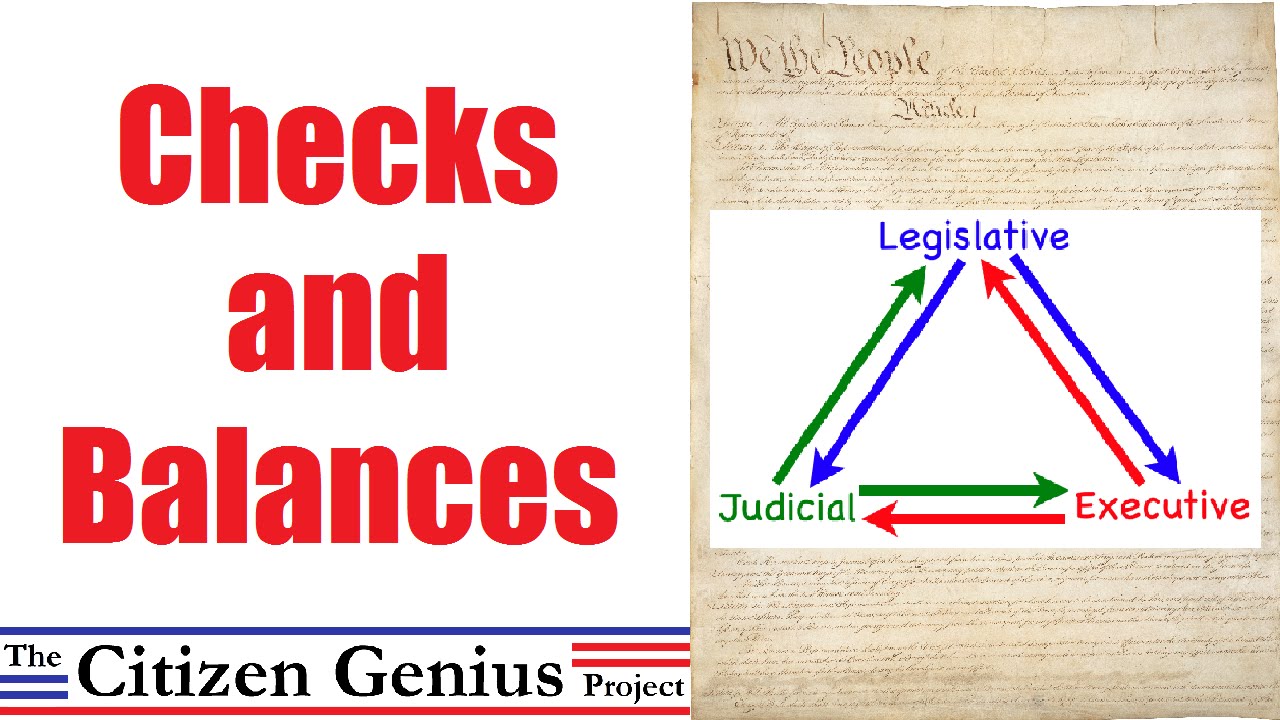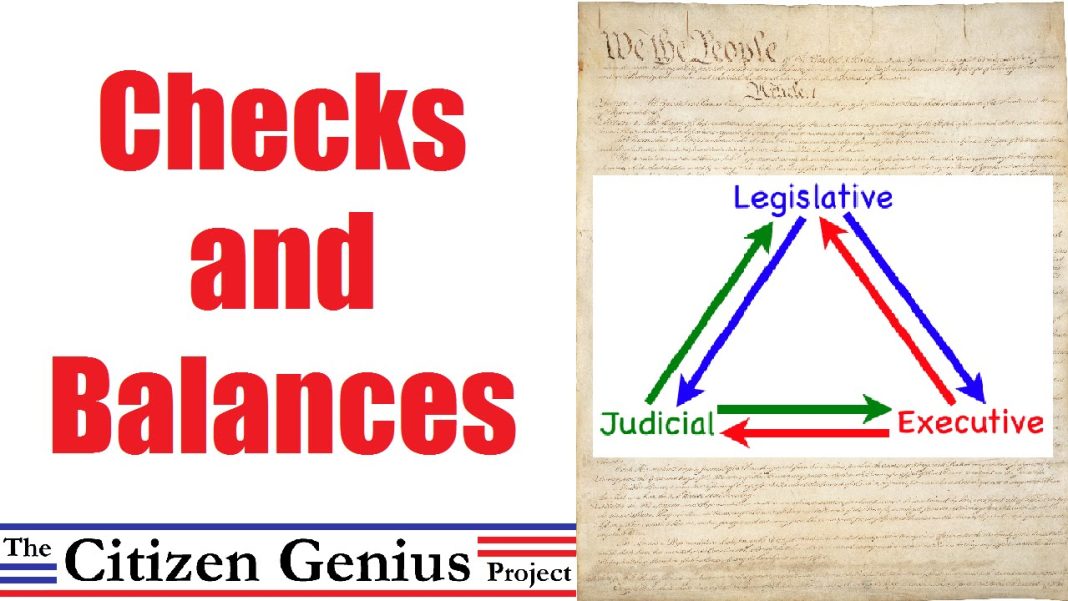 The recent British elections have sparked discussions about the “undemocratic” features of the US system, particularly the Electoral College. The Labor Party in Britain won a significant majority in Parliament, securing 412 out of 650 seats or 63% of Parliament. However, this victory came with just 34% of the popular vote, making it their worst showing in recent elections.
The recent British elections have sparked discussions about the “undemocratic” features of the US system, particularly the Electoral College. The Labor Party in Britain won a significant majority in Parliament, securing 412 out of 650 seats or 63% of Parliament. However, this victory came with just 34% of the popular vote, making it their worst showing in recent elections.
The result of the British elections highlights an interesting contrast to the US electoral system. The new Prime Minister, Keir Starmer, now has complete control over both the executive and legislative branches of the government. In fact, he even has the power to reshape the judicial branch if he desires. Under current law, Starmer is not required to call for a new election for five years, and his party can potentially extend their tenure by changing the law.
Comparatively, the fact that a US candidate can win the presidency by securing the Electoral College’s majority despite losing the national popular vote doesn’t seem as significant of an issue. This is because the House and Senate are elected separately, often resulting in a different party controlling one or both of these chambers. The balance of power can even shift during a president’s term in office.
While the US also operates under an informal two-party system, the presence of multiple parties in Britain increases the likelihood of unexpected outcomes like the recent election results. However, looking at the overall UK results, it becomes evident that the system has its flaws. The Conservative Party, which has faced significant criticism, secured 24% of the vote but managed to secure 121 seats in Parliament (19%). On the other hand, the Liberal Democrats received 12.2% of the vote and secured 72 seats, while the Reform party received 14.3% of the vote but only secured five seats. This means that the fourth-largest party managed to win 14 times as many seats as the third-largest party.
There are various factors that contribute to this complex situation, and the British people seem to accept and understand them. However, in the US, the system of checks and balances is highly valued. It disperses power among the different branches of the federal government and between the federal government and the states. This allows states like Florida, Texas, California, and New York to choose significantly different paths while still adhering to the limitations set by the Constitution, particularly the Bill of Rights. Additionally, the Electoral College and the US Senate ensure that states with higher populations cannot overpower smaller ones.
There has been a long-standing critique of the US Constitution from progressive groups, dating back to Woodrow Wilson’s presidency. Ironically, Wilson himself won the presidency with less than 42% of the popular vote, yet he expressed frustration with the checks on his power. However, it is important to recognize that the Founders’ design allowed 13 small colonies to grow into the strongest and most free nation on Earth. The United States continues to be a vital defender against autocratic forces worldwide.
In conclusion, although the British election results may raise questions about the US electoral system, it is crucial to appreciate the strengths of the system of checks and balances in place. These mechanisms have allowed the US to thrive and preserve individual freedoms throughout its history. It is essential not to overlook or undermine these checks and balances but rather embrace and protect them.


